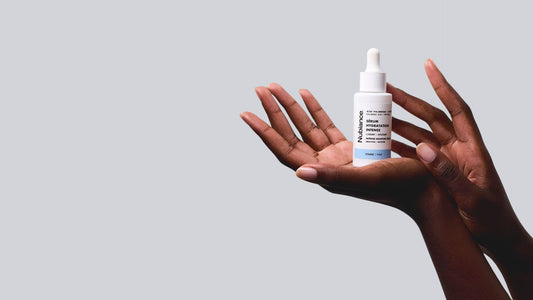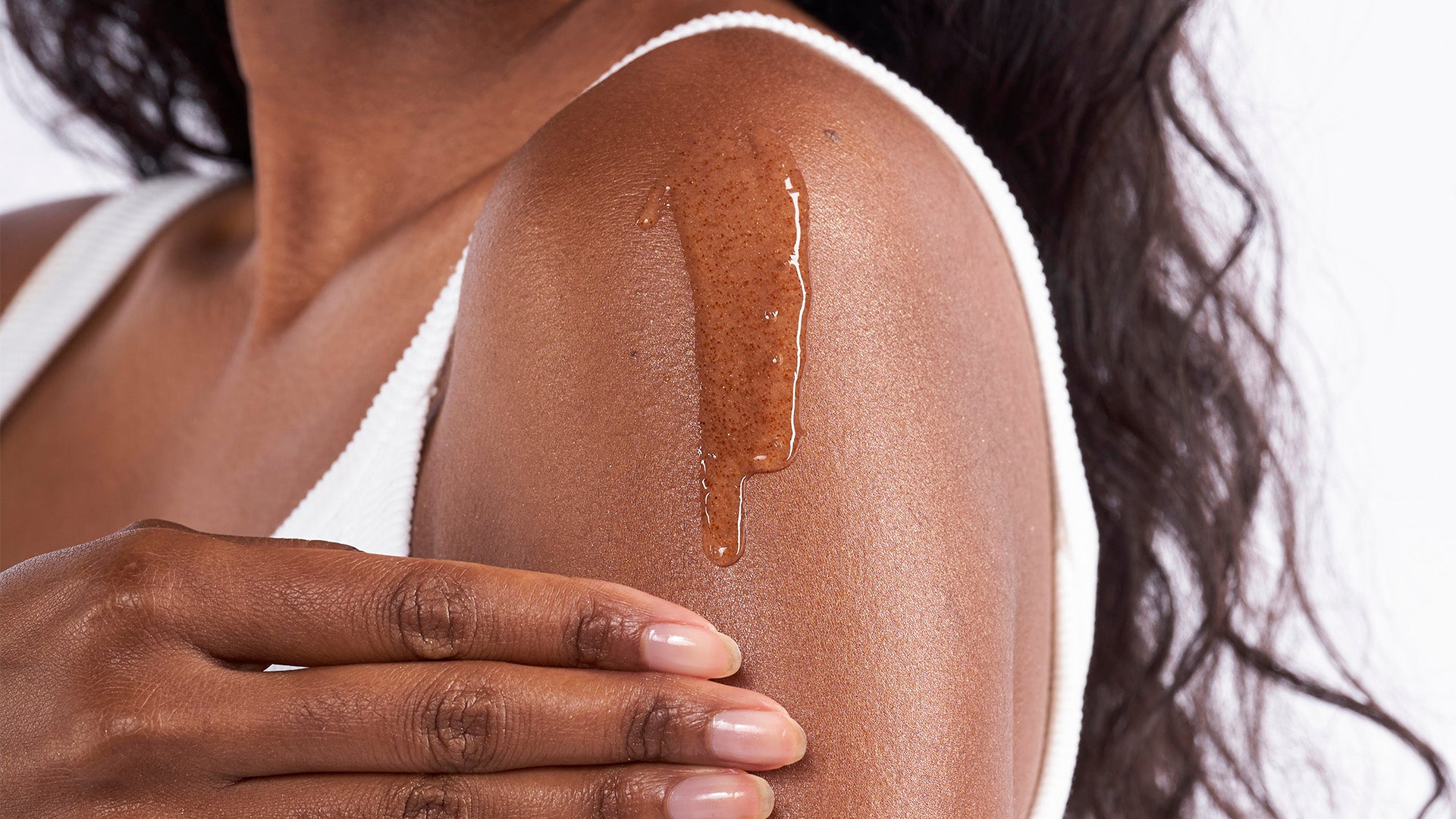
What are the effects of heat on the skin?
Partager
The weather can influence the condition of your skin. Often neglected, the effects of heat have consequences on the epidermis . With increasing temperatures, heat rashes sometimes appear, dehydration can occur, and even cases of dermatitis can occur. Explore in detail the origins and consequences of these skin problems.
heat rash
They occur during hot and humid periods. They look like small red pimples and are located on different parts of the body.
They occur when the sweat glands in the skin become clogged, trapping sweat below the surface of the epidermis. This obstruction can result from several factors:
- Excessive sweating;
- Wearing tight clothes;
- A humid environment;
- Intense physical activity.
Although they are uncomfortable and unsightly, they are usually benign and go away on their own.
To speed up their disappearance, you can take the following measures:
- Avoid sweating;
- Wear light and loose clothing to allow better air circulation on the skin;
- Opt for lukewarm showers to soothe irritated skin and eliminate excess sweat;
- Apply calamine-based lotions to soothe itching and reduce inflammation.
Read also: Heat rashes in adults: causes and treatment
The dehydration
As a reminder, dehydration and dry skin are two different states. Dehydrated skin lacks water, while dryness is characterized by low sebum production.
Dehydration is manifested by:
- More sensitive skin;
- Uneven skin tone;
- Acne pimples;
- An altered skin barrier;
- Dilated pores;
- Loss of flexibility;
- Pullings, etc.
To prevent and treat skin dehydration , it is essential to drink plenty of water and use moisturizers that are suitable for your skin type. Also avoid hot showers and dry environments.
Read also: dry skin and dehydrated skin – how to tell the difference?

dermatitis
Dermatitis is a common skin inflammation that can cause irritation, redness and itching.
This skin condition can be triggered by various factors, including environmental factors: high heat, cold, wind or excessive humidity.
The symptoms of dermatitis vary depending on the type and severity of the condition. They can manifest as:
- Skin redness;
- Intense itching;
- blisters or vesicles;
- Dry, scaly skin ;
- Swelling and increased tenderness;
- A burning or tingling sensation.
There are various ways to treat this dermatological disease:
- Hydration: you can apply moisturizers to keep the skin moist and prevent itching;
- Avoid triggers: identify and avoid substances that cause dermatitis, such as allergens and irritants;
- Taking medication: depending on the type of dermatitis and the severity of the condition, the doctor may prescribe steroid creams, antihistamines or immunomodulators to relieve inflammation and itching;
- Applying gentle care: We recommend using gentle, fragrance-free skin care products and taking lukewarm showers to relieve symptoms.
Read also: atopic dermatitis and black skin: advice
It is important to protect the skin from the harmful effects of heat by adopting good practices: applying sunscreen, wearing protective clothing, avoiding exposure to the hottest hours of the day. By taking care of your skin and avoiding excessive heat and sun exposure, you can maintain healthy, protected skin.





